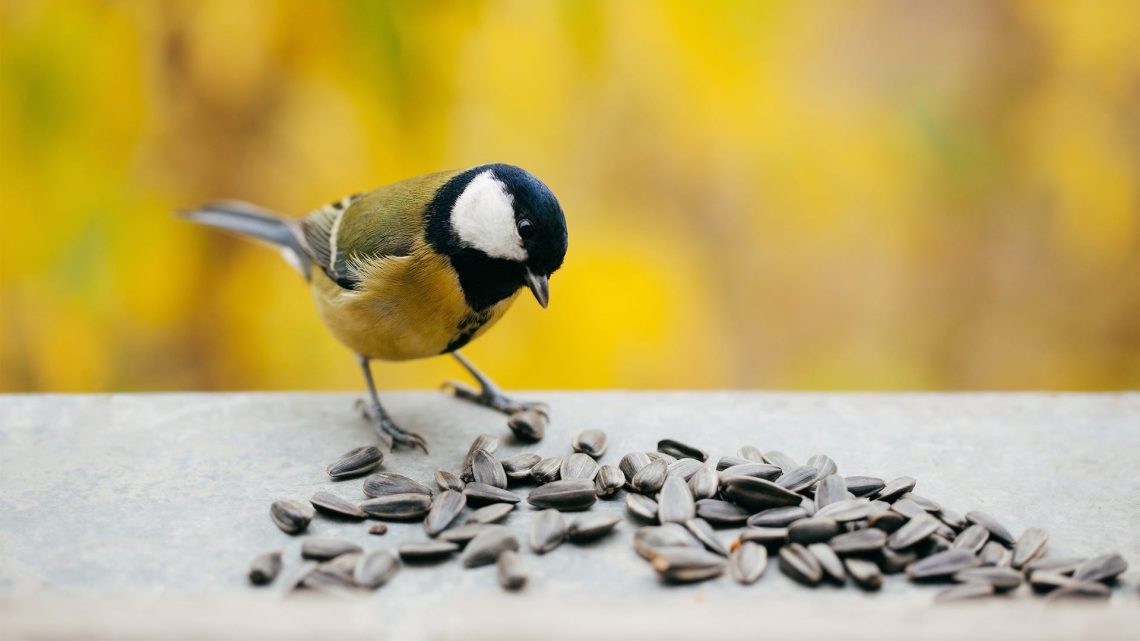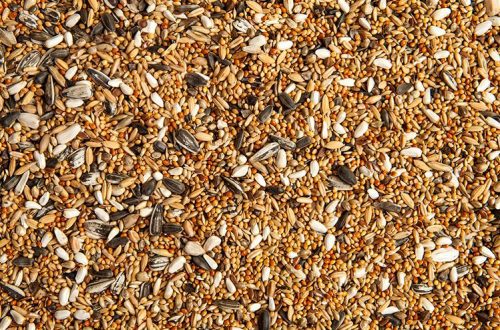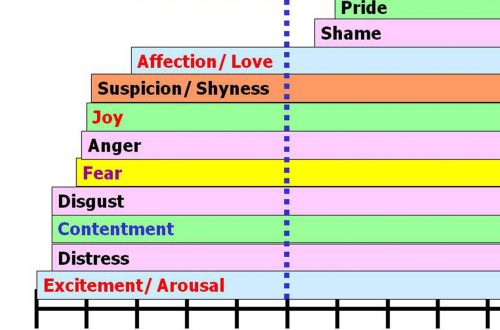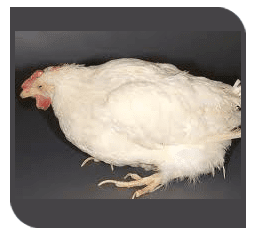
Myths and misconceptions about feeding birds
The issue of proper feeding of pets has always been and remains the most important. A balanced diet is the foundation of our pets’ health and longevity, so it’s no surprise that this topic is getting so much attention and controversy.
For example, it would seem that it could be easier than to make the right diet for a bird? However, even budgerigars, known for their unpretentiousness, need a varied, balanced diet, saturated with a huge amount of useful elements. Different types of birds are suitable for different foods, in addition, each individual bird has its own individual preferences. And, of course, there are always a number of foods that are not recommended for birds to feed.
Feeding recommendations for birds from various experts often conflict with each other, and the path to the right diet is not always as easy as one would like. It should be understood that a balanced diet is not a matter of faith, but of knowledge, so pet owners always need to expand and deepen their knowledge, as well as carefully study the needs of the bird.
And today in our article we will talk about the most common myths and misconceptions in the matter of feeding birds, so that you do not make these annoying mistakes in caring for your pets.
Contents
- Myth #1: Domestic food is healthier than imported food
- Myth #2: Medicated foods are always healthy.
- Myth #3: You can give parrots as many nuts and sunflower seeds as you want.
- Myth #4: Grain in cartons is convenient and economical
- Myth #5: Birds can be fed fish, cat, or dog food.
- Myth #6: Birds benefit from bread dipped in milk.
- Myth #7: Fish oil contains many vitamins that are good for birds.
- Myth #8: You can chew your own food and give it to your bird.
- Myth number 9: Pumpkin seeds and tansy are a reliable remedy for helminthiasis
- Myth #10: Parrot crackers are a regular meal.
- Myth #11: Market-Bought Grains Are Safe for Birds
Myth #1: Domestic food is healthier than imported food
We live in our native country, and, of course, we want to believe that our products are always the best, moreover, the price for them is often more attractive. Unfortunately, in the case of ready-made bird feeds, the situation is reversed: many Russian-made grain mixtures are not only absorbed by the body worse than imported ones, but also adversely affect health and even pose a danger to the life of a pet.
Myth #2: Medicated foods are always healthy.
Many people think that if the food is medicinal, then it is the best, and you can give it to any bird in order to prevent the occurrence of various diseases in the future. This is a serious misconception, since medicated food should only be used strictly according to the prescription of the veterinarian, and even then, medicated food acts only as a supplement to the main one.
Myth #3: You can give parrots as many nuts and sunflower seeds as you want.
Overfeeding in itself is already a harmful phenomenon, especially when it comes to nuts and sunflower seeds, which are suitable for birds only in strictly limited quantities. Nuts and seeds are high in fat, and fat is a huge burden on the vulnerable liver of birds. Don’t risk the health of your pets!
Myth #4: Grain in cartons is convenient and economical
It is recommended to buy grain mixtures for parrots in sealed, undamaged packages, while paying attention to the expiration date. By purchasing grain in cardboard boxes, you risk its quality. After all, it is not known whether the boxes were stored in the right conditions, how they were transported, in what condition the grain is: it could be damp or completely covered with mold.
Myth #5: Birds can be fed fish, cat, or dog food.
A very serious misconception that can greatly harm the health of the bird. Remember that you should never include ready-made food for other animals in the diet of a bird, as it will contain elements that are not intended for a bird. Remember, manufacturers do not just divide feed into groups of animals, and when buying poultry feed, buy feed specifically for poultry.
Myth #6: Birds benefit from bread dipped in milk.
Another delusion. In general, birds are strictly not allowed to give milk, and bread can only be given in the form of a cracker.
Myth #7: Fish oil contains many vitamins that are good for birds.
Fish oil is indeed rich in vitamins A, D and E, but birds, as a rule, do not lack them, while in large quantities these vitamins are toxic to them.
Myth #8: You can chew your own food and give it to your bird.
Some bird owners take it upon themselves to chew food for their pet. Apparently, an example for them is the fact that in nature the mother bird feeds her cubs from her beak. But this is nature and birds, and in practice, human saliva is very dangerous for your parrot. The fact is that in the microflora of the human mouth there are various fungi, and you should not allow your saliva to get into the beak of a bird.
Myth number 9: Pumpkin seeds and tansy are a reliable remedy for helminthiasis
We are forced to upset you, but neither pumpkin seeds nor tansy will save your pet from helminths. It is generally not recommended to give tansy to parrots, it is completely unsuitable for birds and can cause poisoning. But pumpkin seeds can sometimes be included in the diet, just do not rely on the anthelmintic effect.
Myth #10: Parrot crackers are a regular meal.
Parrot crackers, although designed specifically for birds, are only useful in minimal amounts. Unfortunately, these crackers are high in animal protein content, and the grains in them may not be of the best quality. We recommend pampering your pet with crackers as little as possible and giving preference only to well-known, proven brands.
Myth #11: Market-Bought Grains Are Safe for Birds
You can often hear how bird lovers advise buying grain in bird markets, as it is definitely not processed from rodents and pests, which means it does not contain harmful substances. But, unfortunately, no one can know for sure whether the grain is processed or not, and the quality also remains in question. In addition, when buying grain on the market, you can never be sure that it is free of parasites, such as downy insects. The situation is complicated by the fact that you cannot thoroughly disinfect the grain, since the maximum that can be done with it is to dry it slightly in the oven, otherwise this grain will no longer suit your bird.
Be careful when organizing pet feeding. At home, they cannot provide themselves with food, and their health depends entirely on you, don’t let me down!





